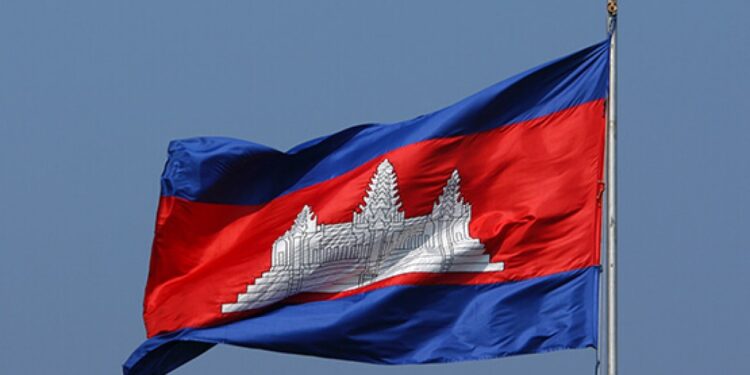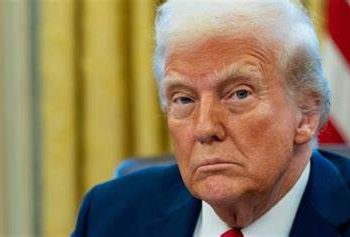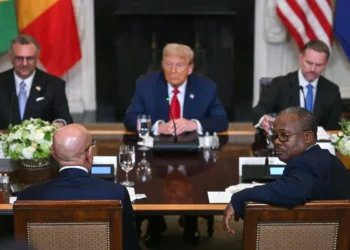Cambodia’s parliament has unanimously passed a constitutional amendment that paves the way for the government to strip citizenship from individuals accused of colluding with foreign nations, despite international criticism that the law could be used to silence government critics.
All 125 lawmakers, including Prime Minister Hun Manet, voted unanimously on July 11 to approve the amendment to Article 33 of the Constitution, fundamentally altering Cambodia’s approach to citizenship rights.
Justice Minister Koeut Rith described the measure as the 11th amendment to the Constitution, explaining that it creates a legal framework for revoking citizenship from those deemed traitors. The amendment represents a significant departure from Cambodia’s previous constitutional guarantee that citizens could not be deprived of their nationality.
“This amendment aims to purify patriotism and loyalty of the Khmer people,” Rith stated. “I expect the law could exist soon, as the Justice Ministry has been working with the Interior Ministry since we studied the amendment of the Constitution.”
The original Article 33 of the Constitution stated that “Khmer citizens shall not be deprived of their nationality, exiled or arrested and deported to any foreign country unless there is a mutual agreement on extradition.” The amended version now simply declares that “the loss of the Khmer nationality shall be determined by a law.”
Following the constitutional change, the government plans to propose amendments to the 2018 Citizenship Law to operationalize the revocation process. Rith emphasized that the new law will serve as a tool to protect the state and ensure strict adherence to constitutional provisions requiring citizens to place national interests first.
The Justice Minister insisted that the law would only target individuals who collude with foreigners to destroy national interests. “You betray our nation, so Cambodia has no reason to welcome traitors,” he declared, while denying accusations that the measure is designed to attack government critics.
Rith defended the amendment by noting that approximately 150 countries, including France, the United States, the United Kingdom, Germany, Australia, Italy, Belgium, South Korea, and Singapore, have legal frameworks allowing citizenship revocation in cases of serious misconduct or national security threats. He outlined four common justifications for such laws: treason, terrorism and security impact, disloyalty, and threats to national core interests.
The minister also indicated that those found guilty of foreign collusion would be stripped of property ownership rights, suggesting they would need to rely on their “foreign friends” for support.
Ang Vong Vathana, chairman of the Commission on Legislation and Justice of the National Assembly, noted the unique nature of this constitutional amendment, as it received backing from all three dignitaries with the right to initiate constitutional changes: the King, the Prime Minister, and the National Assembly president.
The amendment has drawn criticism from international human rights organizations, with Amnesty International describing potential citizenship revocation as a “heinous violation of international law.” Critics worry that the broad language regarding foreign collusion could be used to target political opponents and civil society activists.
The constitutional amendment comes amid ongoing tensions between the Cambodian government and opposition figures, many of whom live in exile. The measure is expected to be followed by implementing legislation that will detail the specific conditions and procedures for citizenship revocation.

















